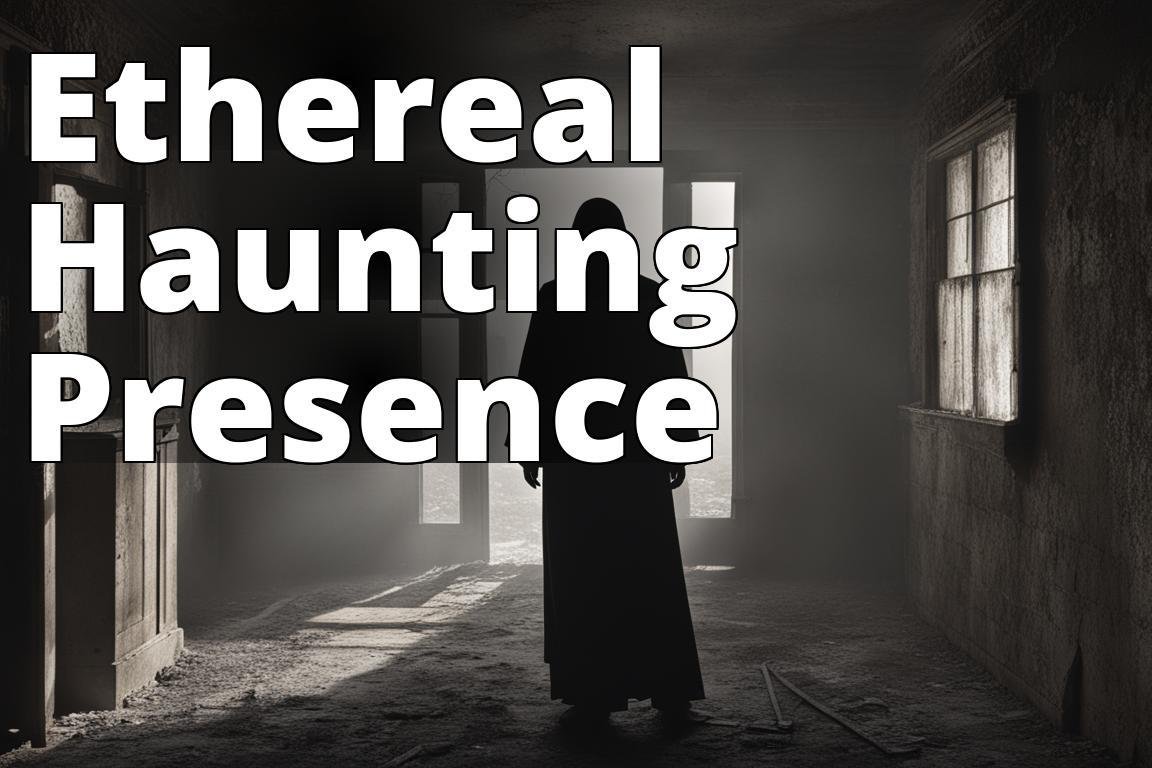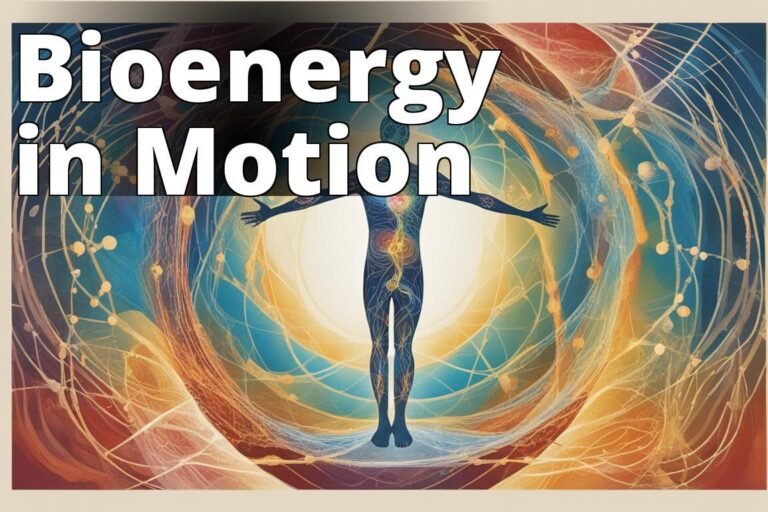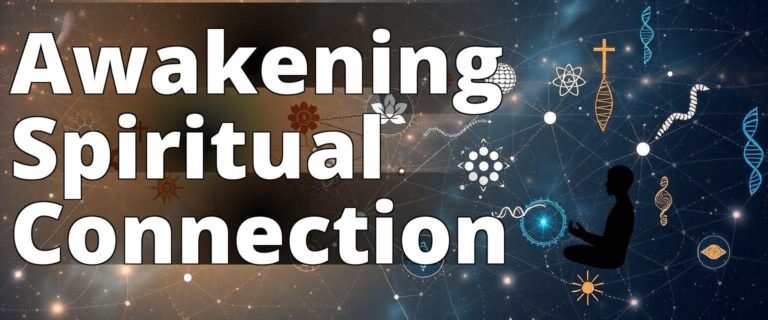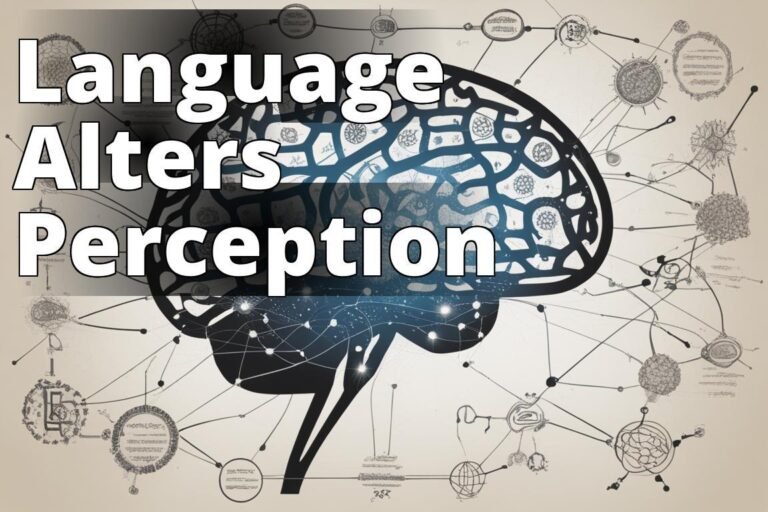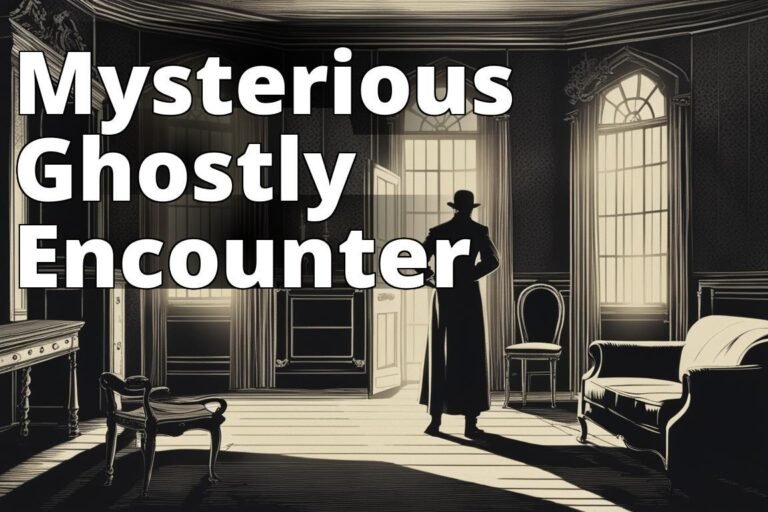What Are Ghosts? The Science of Ghosts and Hauntings
Ever wonder what lurks in the shadows when the lights go out, or what causes that chill down your spine when you enter an old, abandoned house? Let’s dive deep into the enigmatic world of ghosts and hauntings, peeling back the layers of history, science, and the human psyche to understand these phenomena. Forget the conventional introductions; we’re here to explore the essence of what ghosts represent, and why, despite centuries of skepticism and scientific advancement, the belief in these spectral entities continues to haunt our collective consciousness.
Learning About Ghosts Representations
- Ghosts can represent spirits of the deceased.
- They may symbolize unfinished business or unresolved emotions.
- Understanding ghosts can provide insight into the afterlife beliefs and paranormal experiences.
What Is a Ghost?
A ghost, as many believe, is the spirit or soul of a deceased person or animal that can appear to the living. But what do ghosts represent? In essence, they are a testament to the human longing for continuity beyond death, embodying our deepest fears, hopes, and unanswered questions about the afterlife. This is not just about spooky stories or eerie encounters; it’s about our intrinsic desire to understand what lies beyond the veil of mortality.
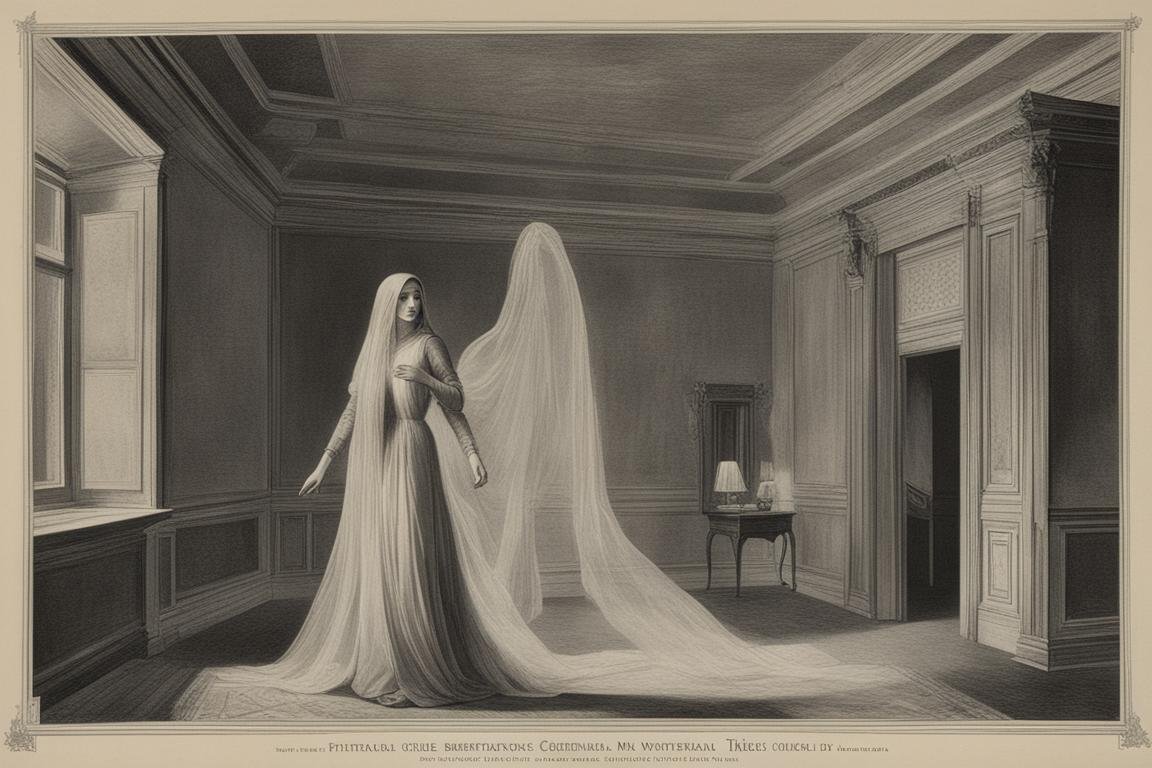
The History of Ghosts
The belief in ghosts is as old as humanity itself, with tales of spirits woven into the fabric of cultures around the world. From the wandering spirits of the ancient Egyptians to the ancestral worship in various African traditions, ghosts have always represented the unbreakable bond between the living and the dead. This historical context is crucial, not just for understanding the origin of these beliefs but for appreciating how they have evolved and persisted through millennia.
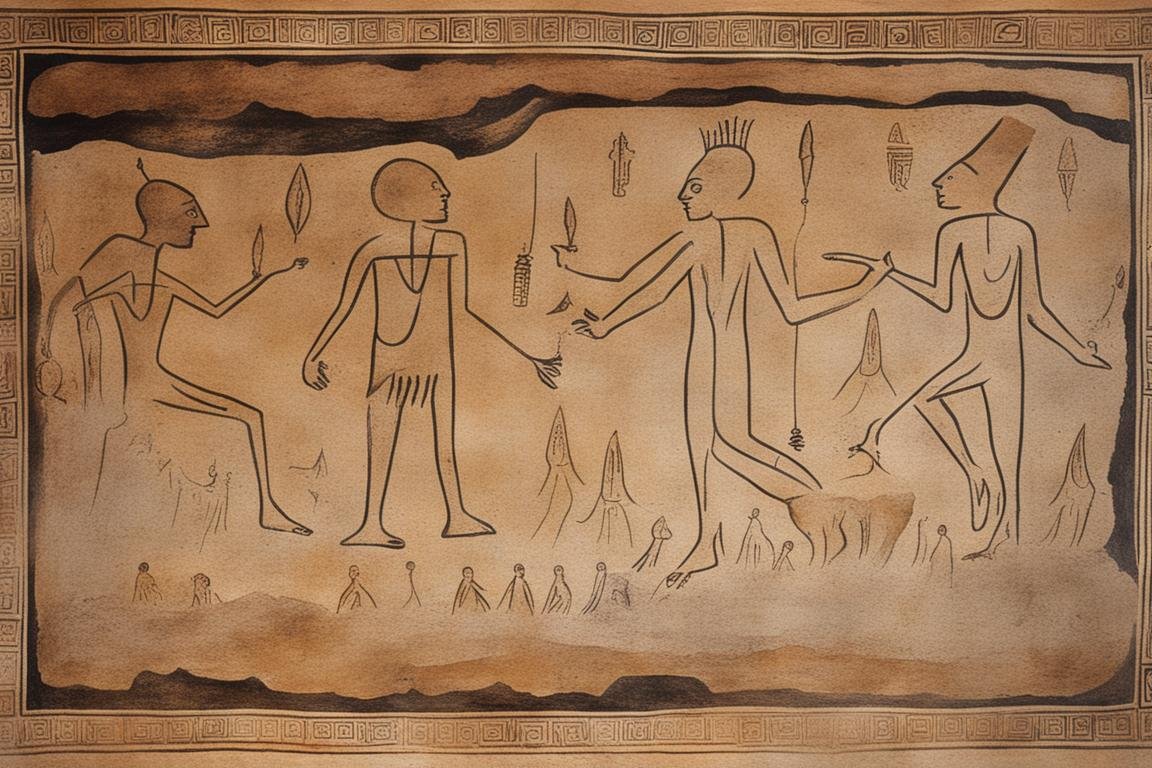
Types of Ghosts
Apparitions
Apparitions are perhaps the most commonly recognized form of ghosts, often depicted as translucent figures. Personal experience time: I once believed to have seen an apparition in my grandmother’s house, a fleeting glimpse of what seemed to be a woman in Victorian dress. It was a moment that stayed with me, a personal anecdote that highlights how these experiences can feel incredibly real and deeply unsettling.
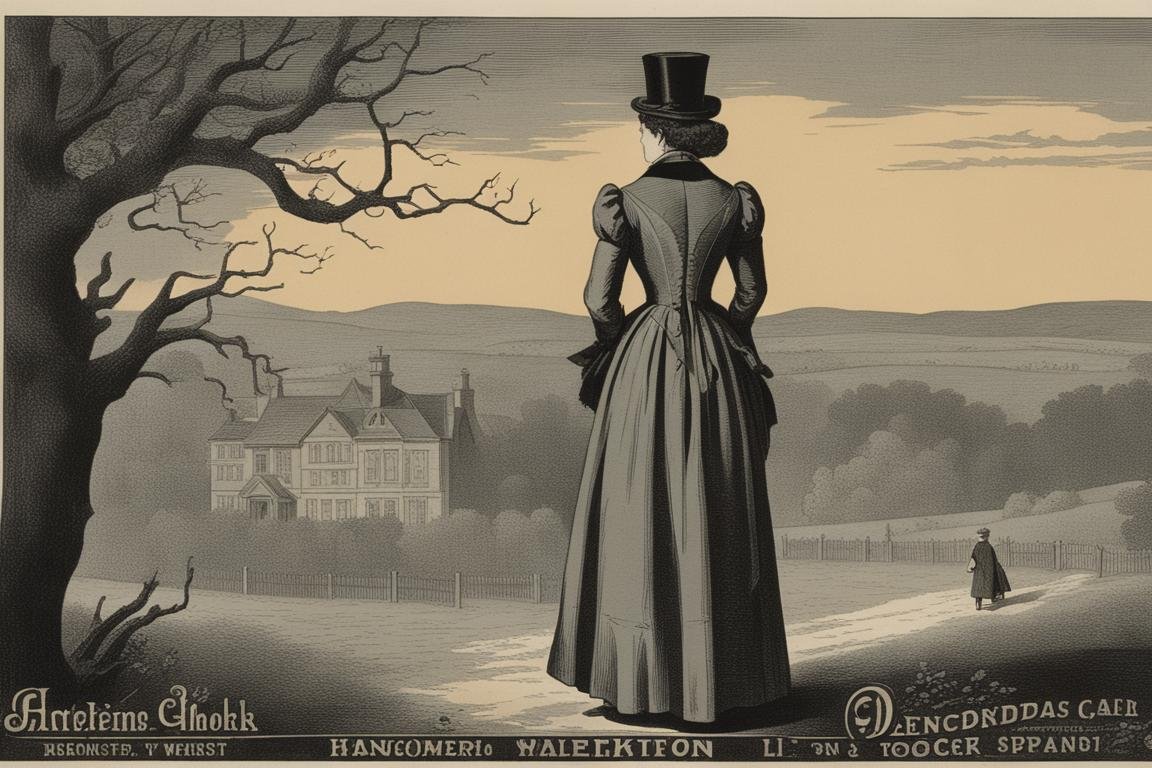
Poltergeists
Poltergeists, on the other hand, are known for causing physical disturbances – think objects moving by themselves or unexplained noises. These phenomena can be terrifying, and while some attribute them to ghostly activities, others look for more rational explanations, such as psychological factors or even hoaxes.
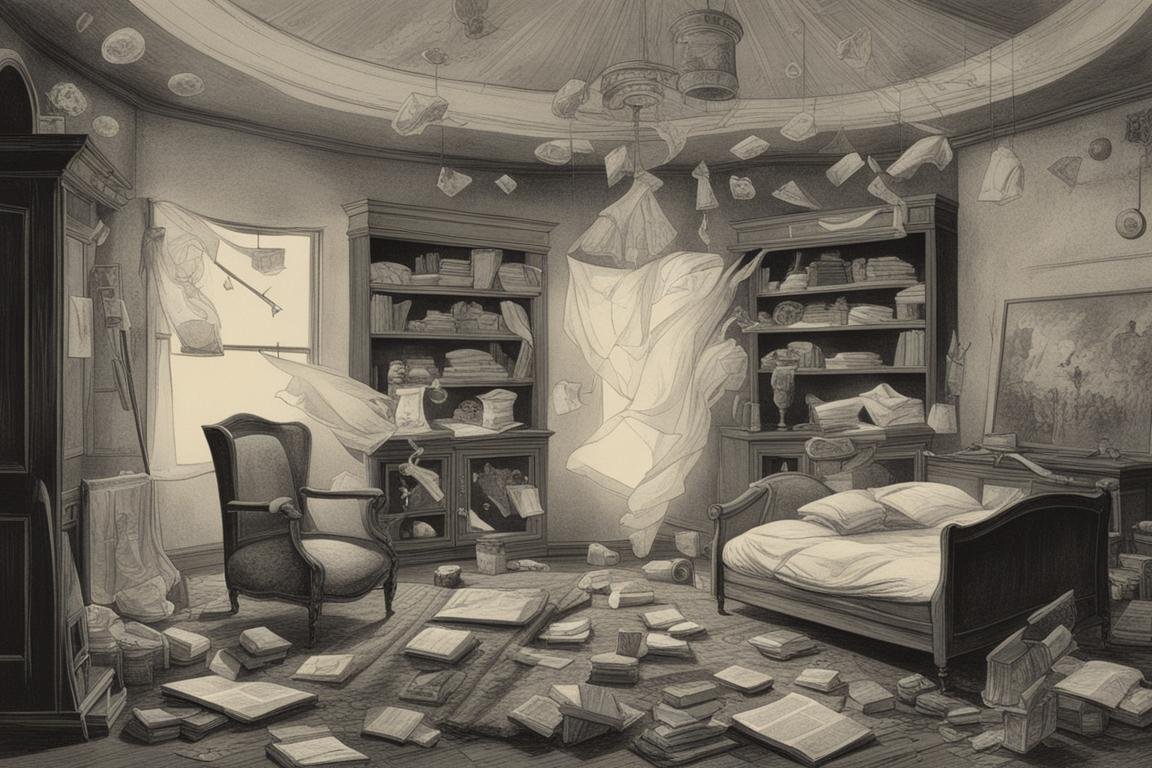
Hauntings
Hauntings involve recurring ghostly phenomena, often tied to a specific location. These can range from benign, such as the feeling of being watched, to downright malevolent, creating an atmosphere of dread and fear. Historical sites and old buildings are typical hotspots for hauntings, each with its own stories and legends.
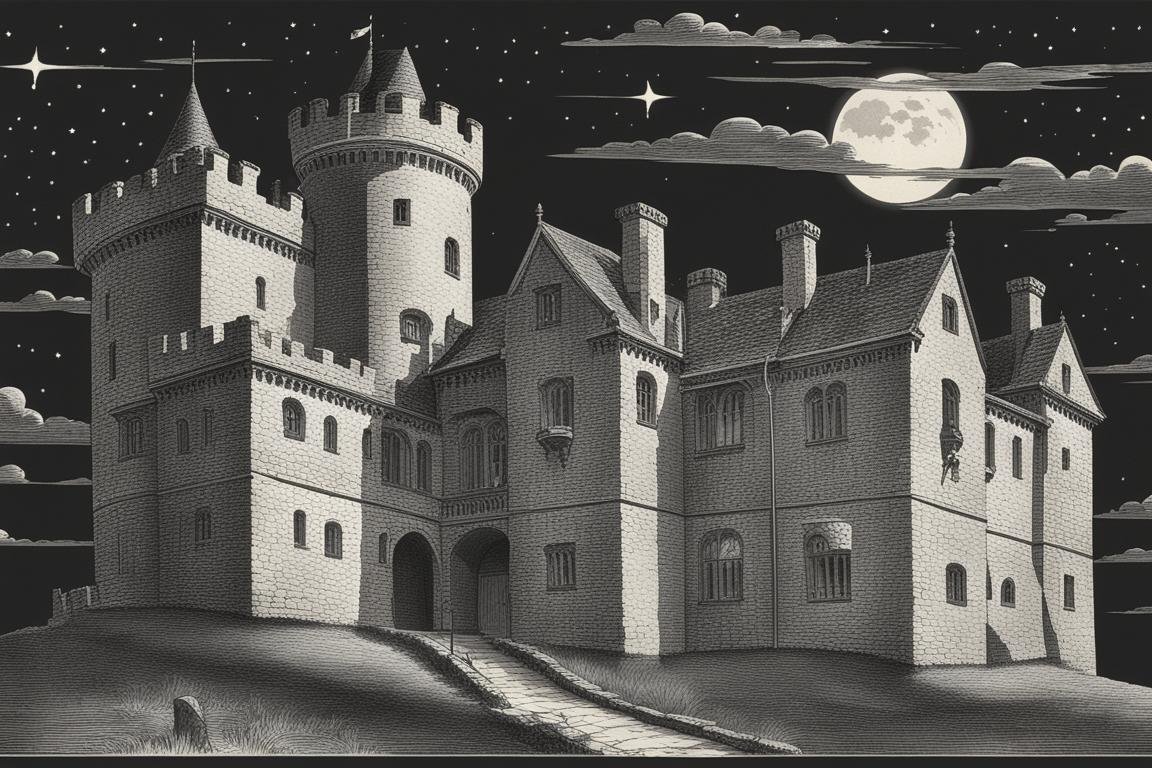
Why Do People See Ghosts?
The experience of seeing a ghost is profoundly personal and subjective. For some, it’s a comforting sign that loved ones are still with us; for others, it’s a terrifying encounter with the unknown. Psychological factors, such as grief or stress, can heighten our sensitivity to these experiences, blurring the lines between reality and the supernatural.
The Science of Ghosts
The Brain and Ghost Sightings
Science offers intriguing insights into ghost sightings, often linking them to brain activity. Conditions like sleep paralysis, where one is awake but unable to move, can induce hallucinations of ghostly presences. It’s a fascinating intersection of neurology and psychology, shedding light on how our brains can conjure these apparitions.
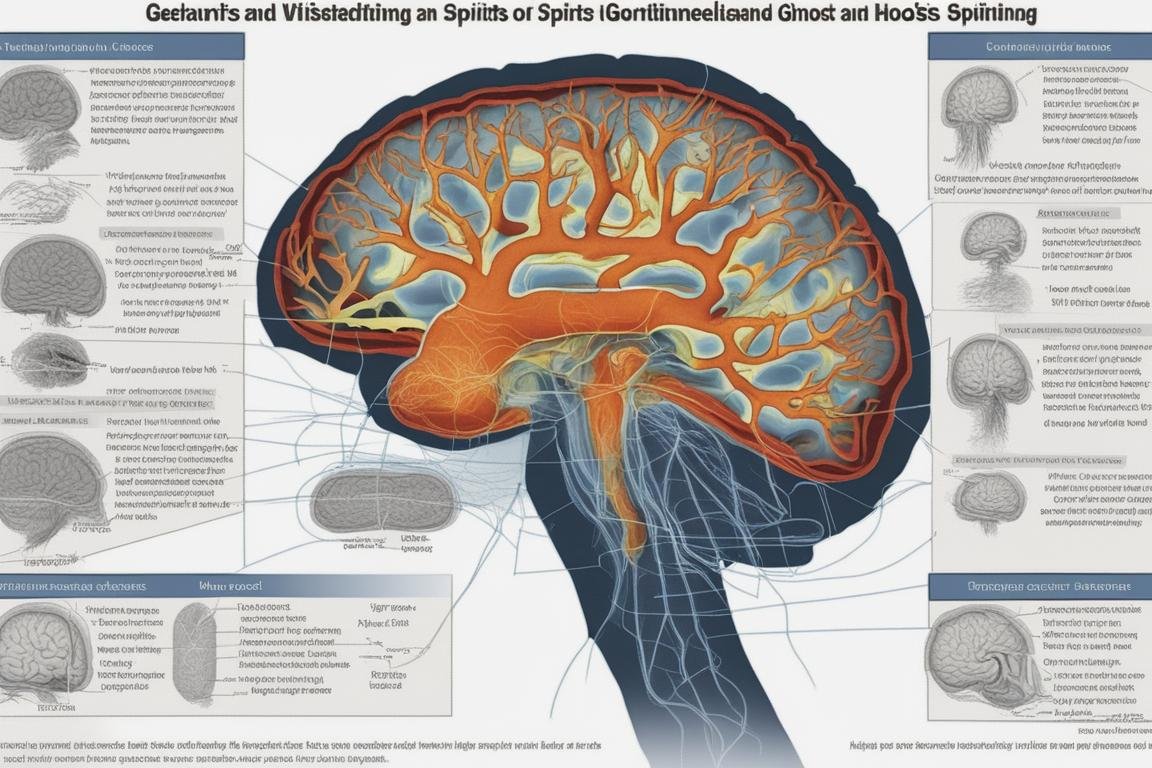
The Environment and Ghost Sightings
Environmental factors also play a role in ghost sightings. Low-frequency sounds, electromagnetic fields, and even mold can create conditions that some interpret as paranormal. It’s a reminder that our surroundings significantly influence our perceptions and experiences.
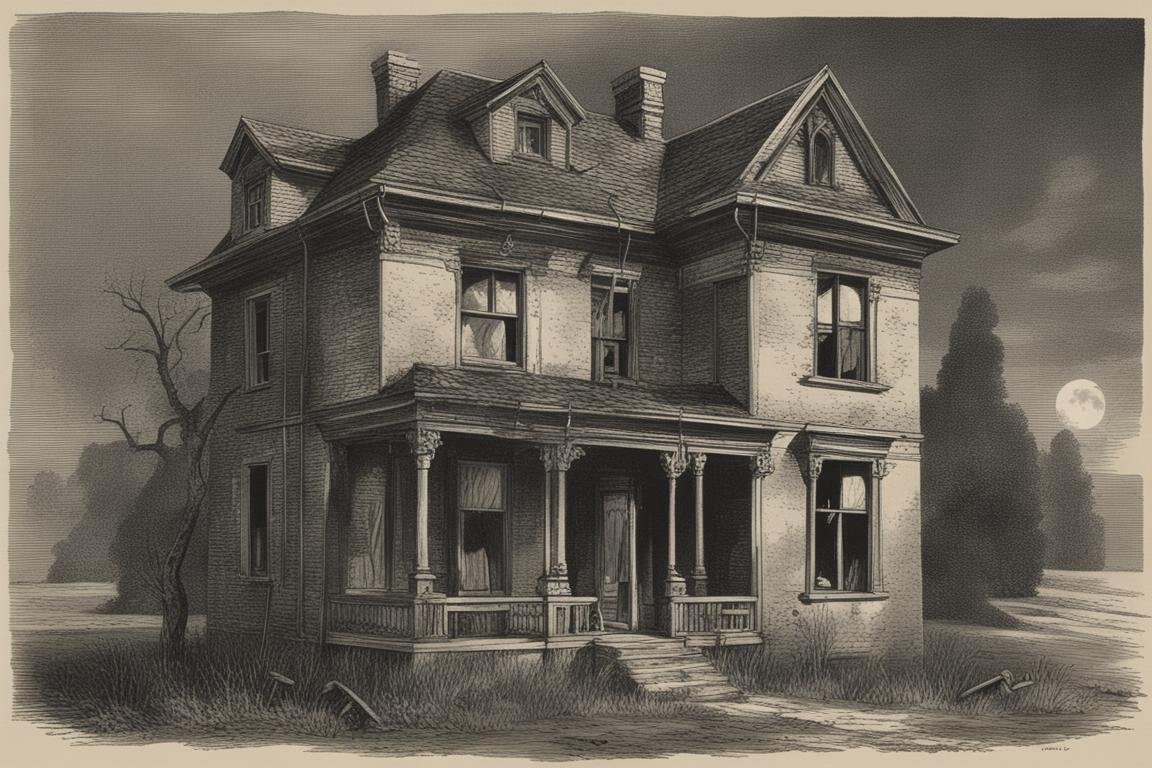
How to Tell If Your House Is Haunted
Determining if your house is haunted can be a subjective process, but there are common signs: unexplained noises, sudden temperature drops, or objects moving on their own. It’s important to approach these phenomena with a healthy dose of skepticism and consider logical explanations before jumping to supernatural conclusions.
How to Get Rid of a Ghost
If you believe you’re dealing with a ghost, there are various approaches to consider. Some opt for spiritual methods, such as smudging with sage or calling in a medium. Others look to more practical solutions, addressing the environmental factors that might be at play.
How to Talk to a Ghost
Talking to a ghost, whether through a séance or simply addressing the spirit directly, is a deeply personal choice. It’s crucial to approach such interactions with respect and an open mind, understanding the potential emotional impact.
How to Find a Ghost Tour
Ghost tours can be a thrilling way to explore the history and haunted lore of a location. A simple online search or a visit to the local tourist office can reveal the best tours in your area, offering a unique experience that combines storytelling, history, and the allure of the paranormal.
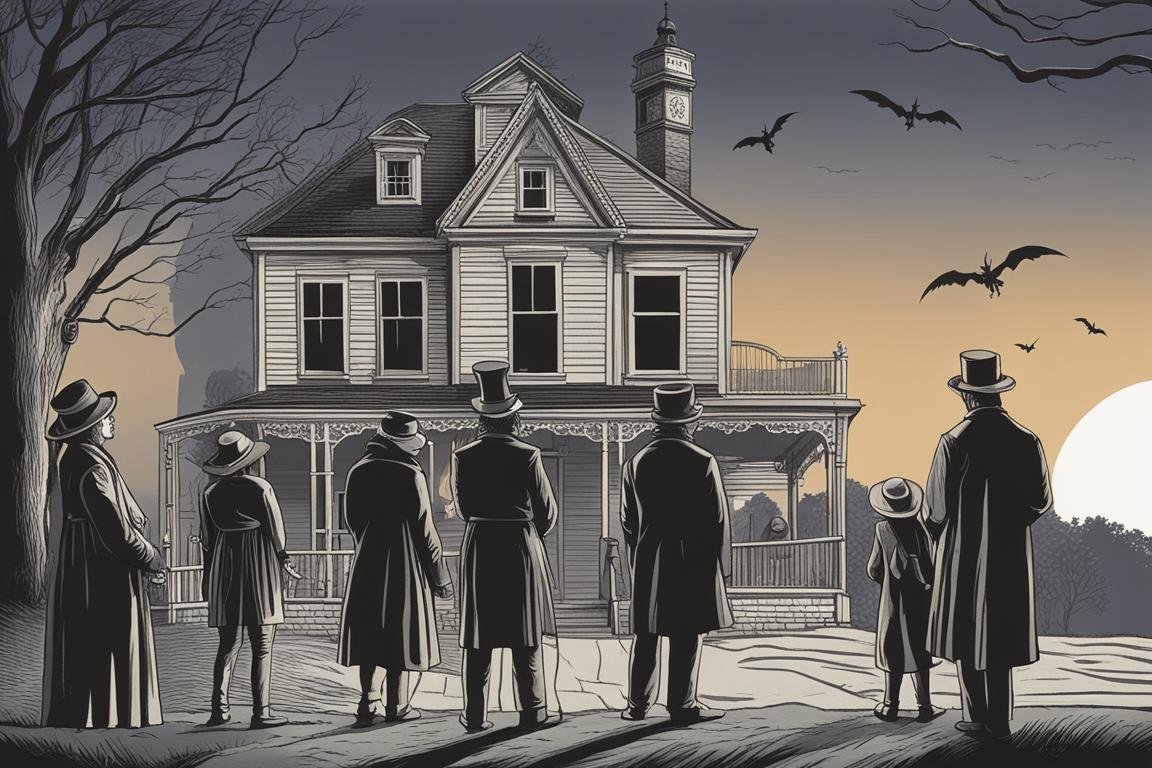
Conclusion
Ghosts, whether real or imagined, represent a fascinating intersection of culture, history, science, and the human psyche. They remind us of our mortality, our fears, and our longing to understand what, if anything, lies beyond. This exploration into the world of ghosts and hauntings reveals that, regardless of one’s beliefs, these stories and experiences are a profound part of the human experience, bridging the past, present, and perhaps even the afterlife.
In our journey to understand the ethereal, it’s essential to respect the beliefs and experiences of others, recognizing that the question of “What is a ghost?” may never have a definitive answer. But in this ambiguity lies the allure, the mystery, and the unending fascination that keeps us searching, questioning, and wondering about the spirits that may walk among us.
For more intriguing explorations into the unknown, be sure to visit our sitemap at /index.php?xml_sitemap=params=main;html=true.
Questions & Answers
Who do ghosts represent in different cultures?
Ghosts represent ancestors or spirits of the deceased.
What do ghosts symbolize in spiritual beliefs?
Ghosts symbolize unresolved issues or unfinished business.
How can ghosts be interpreted in dreams?
Ghosts in dreams may represent unacknowledged fears or guilt.
What if I don’t believe in ghosts?
It’s okay not to believe, as beliefs vary widely.
How do ghosts affect people’s emotions?
Ghost encounters can evoke fear or curiosity in people.
What if I see a ghost?
Seeing a ghost can be unsettling, but it’s a personal experience.

